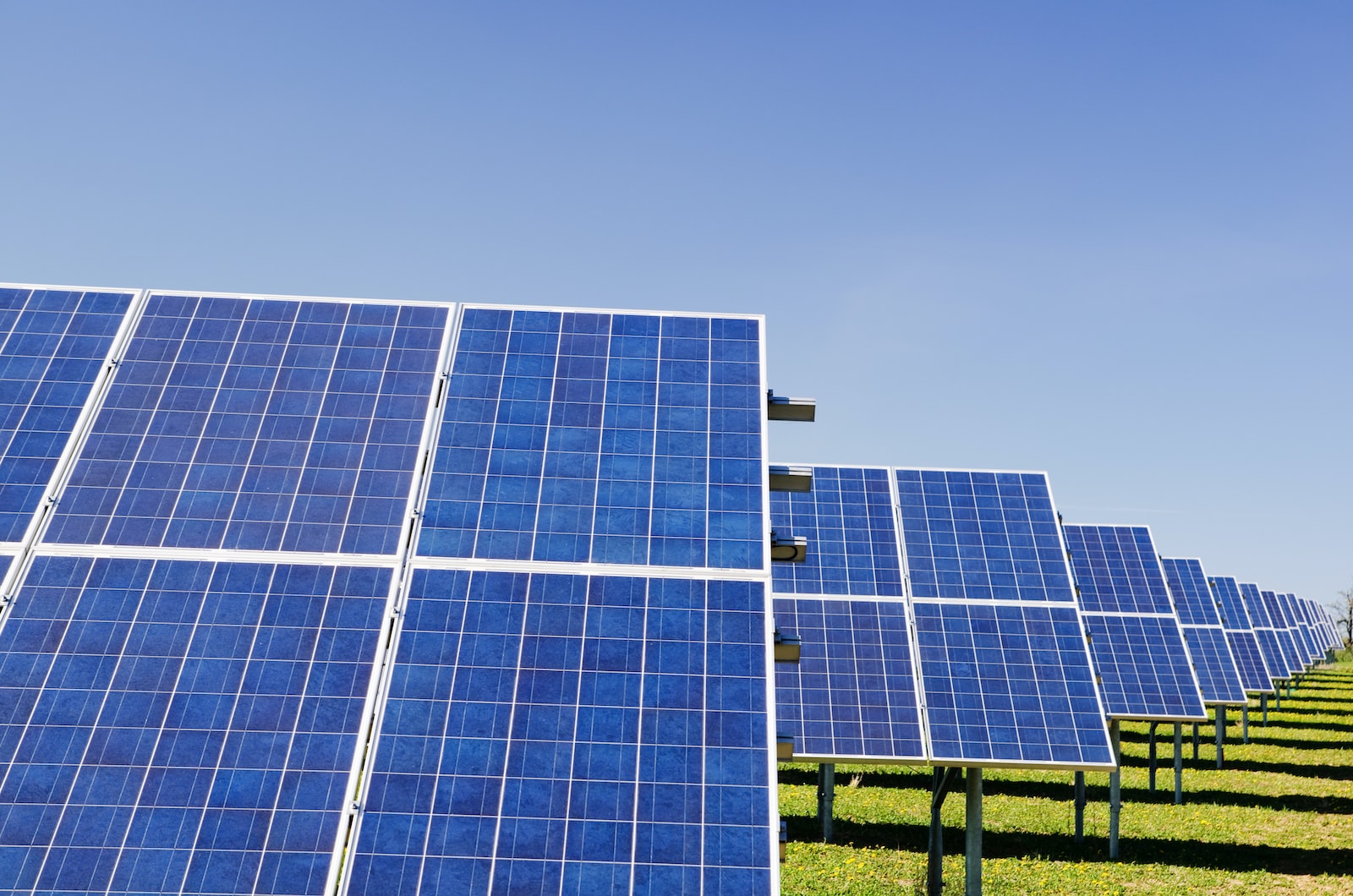Renewable energy refers to the energy that is generated from natural resources that are replenished over time, such as sunlight, wind, water, geothermal heat, and biomass. Unlike fossil fuels, which are finite resources that take millions of years to form, renewable energy sources are continuously replenished, making them a sustainable and environmentally-friendly alternative.
There are several types of renewable energy sources, including:
- Solar energy: Generated from the sun’s rays and can be captured through solar panels and converted into electricity.
- Wind energy: Generated from the movement of air caused by natural wind patterns, and can be captured through wind turbines and converted into electricity.
- Hydroelectric energy: Generated from the movement of water, such as in a dam, and can be captured through turbines and converted into electricity.
- Geothermal energy: Generated from the heat of the Earth’s core, and can be captured through geothermal power plants and converted into electricity.
- Biomass energy: Generated from organic matter, such as wood or agricultural waste, and can be converted into heat, electricity, or fuel.
Renewable energy sources have many advantages over fossil fuels, including reducing greenhouse gas emissions, improving air quality, and increasing energy security by reducing dependence on foreign oil. However, there are also challenges to implementing renewable energy, such as the high upfront costs of building renewable energy infrastructure, the intermittency of some renewable sources, and the need for energy storage technologies. Despite these challenges, renewable energy is becoming increasingly important as the world seeks to transition to a more sustainable and low-carbon energy system.

